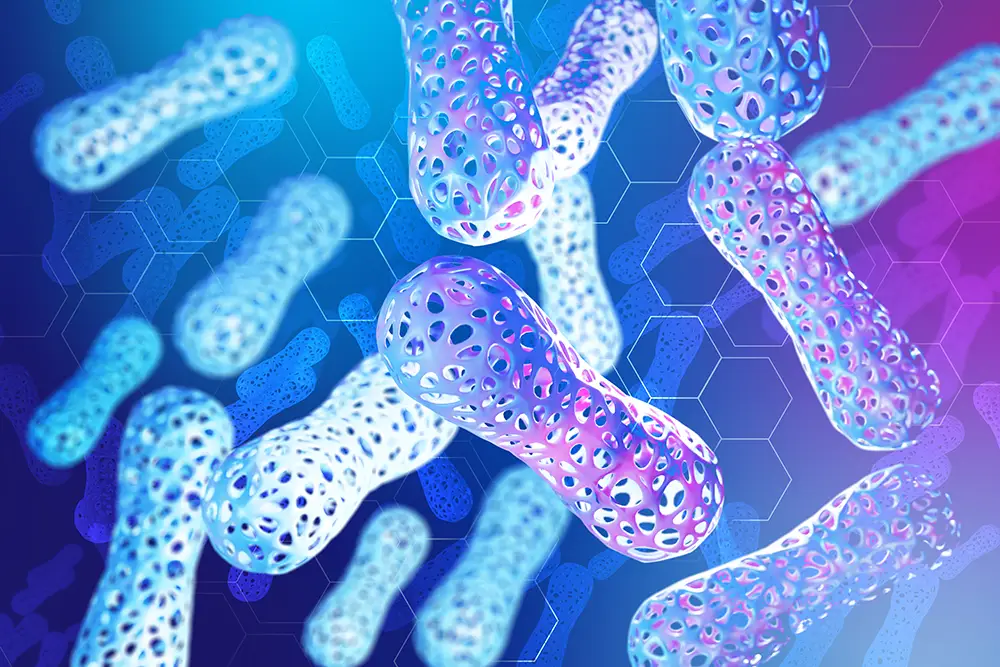Start The New Year with Healthy Gut Healthy Mind

The time has once again come for “New Year, New Me”!
As we tackle the new year ahead and return to work and school, it’s important to keep our health and mental wellness in check in the midst of our hectic schedules. At the same time, indulging in our new year celebrations during this time of the year can also give rise to gut troubles such as indigestion, bloating, and other digestive problems. Now is the perfect time to take a step back and assess the state of your gut and mental health, and to renew it if necessary.
Why Is Physical Wellness So Important?
Achieving physical wellness is one of the most important things you can achieve for your overall health. With physical wellness, you are able to do more things that you enjoy, which ultimately allows you to have a better quality of life. That being said, your gut flora, and consequently gut health, is the cornerstone of your physical wellness and overall health. It helps your body in the following ways:
- Digest the food you eat,
- Absorb the nutrients,
- Utilise these nutrients to maintain and power your body!
Having good gut health also maintains a strong immune system, which is vital in maintaining good overall health. A good immune system prevents a variety of problems, such as inflammation, chronic diseases, and chronic fatigue. Without a strong immune system, people consequently encounter symptoms including dizziness, brain fog, constipation, and gassiness, to name a few. If you’re currently noticing signs of poor gut health and are looking to improve it, it is vital to take action to renew your gut health. One way you can do this is to incorporate certain health supplements into your lifestyle!
For instance, our Multibiotics Active PS128 & K21 improves gut flora, immune system development, and bolsters our mental wellbeing and mobility. Taking Multibiotics Active will also relieve stress and anxiety, and improve your overall sleep quality.
Alternatively, consider opting for Enzymedica Digest to reduce your digestive discomfort and maximise your nutrition. The digestive supplement contains an optimal balance of enzymes which aids in complete digestion and ultimately helps you achieve a healthy and active gut. The enzymes in Digest function throughout the entire digestive system thanks to Thera-blendTM, enhancing your health benefits through a single supplement.
How About Mental Wellness?
Good mental health is essential to leading a happy life – it affects how you are able to function psychologically, emotionally and socially on a daily basis.
The benefits of having good mental health are plenty. It includes being able to deal with life’s challenges, maintaining physical health, having the ability to sustain fulfilling interpersonal connections, being effective at work, and reaching your full potential. This is especially important for growing children and teens, where good mental health will provide them with the resilience and ability to cope with life’s obstacles, which is a vital skill to be brought into adulthood. Increase and regulate your levels of dopamine and serotonin in your brain with ActivHealth’s Multibiotics Mind PS128. By lessening depression-like behaviors and reducing overall stress and anxiety, you can look forward to having a happier overall disposition in your daily life. On top of that, these multibiotics also alleviates irritable bowel syndrome (IBS) which also aids in maintaining a healthy gut.
The Bottom Line
Gut health and mental wellbeing are highly important aspects that every individual should consider, especially now as we step into the new year. As both of these have a great impact on overall health, start taking steps today to boost your gut health and mental wellness today!
Want to learn more about your physical and mental health together with ActivHealth? Sign up for our monthly newsletter, where we share more tips to help you on your journey to become a healthier and happier you.
Sources:










